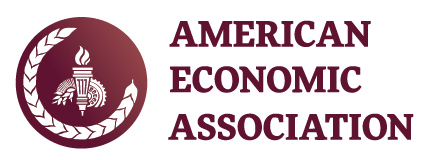Market Liberalization and Trading in Korea
Abstract
This paper reports on the trading behavior of major participants, investment trust companies, banks, and foreigners in South Korea in the period after the currency markets were liberalized and the limits on foreign investments were lifted. It was found that trading in the spot currency market was impacted by volatility in the daily Won/USD rates. As the daily unexpected range expanded (narrowed), daily spot trading volume and volatility increased (decreased). This is evidence of asymmetric trading behavior on the part of market participants. It was found that only investment trust companies adjusted their spot positions by trading USD futures as a response to unexpected volatility changes of the exchange rate. There is evidence of volatility clustering of the trading volatilities across Korean markets and trader types and no signs of market instability was found.
References
Additional Files
Published
19-08-2010
Issue
Section
Articles
How to Cite
Market Liberalization and Trading in Korea. (2010). International Journal of Banking and Finance, 7(2), 37-58. https://e-journal.uum.edu.my/index.php/ijbf/article/view/8416











